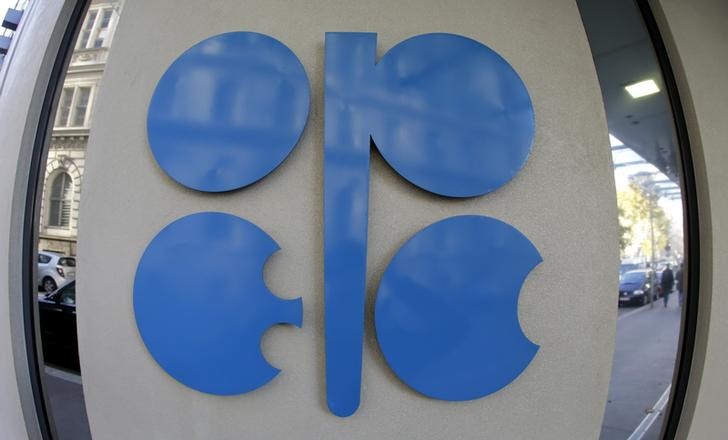Investing.com — OPEC+ has decided to delay the restart of oil production increases by three months, Bloomberg reported Thursday, citing delegate sources. This is the third postponement as crude oil prices remain under pressure while a surplus is expected.
The alliance, led by Saudi Arabia and Russia, has postponed its planned supply increase, which was initially due to start with an increase of 180,000 barrels per day in January. Instead, the increases will begin in April and be implemented at a slower pace than previously outlined, the report said.
According to the report, the United Arab Emirates (UAE) will also postpone production increases until April. The UAE had previously won the right to gradually increase production by 300,000 barrels per day from January, in gradual monthly increments, reflecting recent investments in production capacity.
OPEC+ first announced in June that it would gradually restore production to 2.2 million barrels per day in monthly steps, following cuts that began in 2022. However, the group’s plans have faced setbacks due to faltering demand for oil in China, the world’s largest consumer, and rising supply. from the United States, Brazil and Canada.
The International Energy Agency (IEA) estimates that global oil markets could face a surplus by 2025 even if OPEC+ refrains from adding additional barrels.
Reflecting the challenges facing OPEC+, the latest agreement means the group will not fully reverse its voluntary production cuts until September 2026, a year later than initially planned.
Oil prices have fallen roughly 18% since early July as traders shift their focus from tensions in the Middle East to China’s economic slowdown and related challenges.
The decision to pause the supply increase also allows OPEC+ to gauge the potential impact of President-elect Donald Trump’s return to the White House.
Trump has indicated he could revive the “maximum pressure” strategy on Iranian oil exports, a policy from his first term aimed at limiting Tehran’s nuclear ambitions. Cutting Iranian oil sales could create openings for regional rivals to fill.


